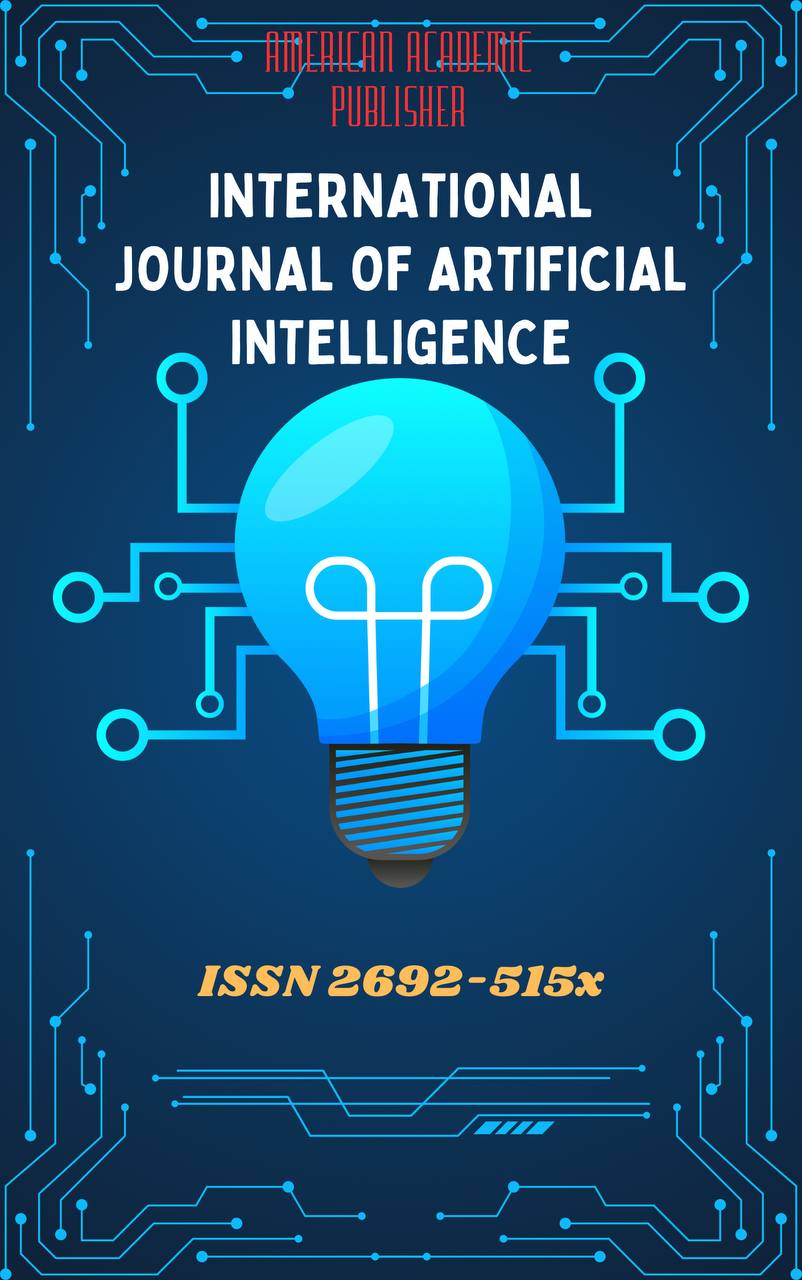 Articles
| Open Access |
Articles
| Open Access | A COMPARATIVE ANALYSIS OF EASTERN AND WESTERN WORLDVIEWS AND THEIR INFLUENCE ON LANGUAGE UNDERSTANDING
Jumagul Abdurakhmanova,Mamura Alimova , Master student of Tashkent Kimyo International University in Namangan branch/Associated professor, head of department “English education” of Tashkent Kimyo International University in Namangan branchAbstract
the ways in which individuals from Eastern and Western cultures perceive and understand the world diverge significantly, and these differences are deeply embedded in their languages. Eastern cultures, often influenced by philosophies such as Confucianism, Buddhism, and Taoism, emphasize collectivism, fluidity, and interconnectedness. In contrast, Western cultures, shaped by Cartesian rationalism and individualism, focus on the self, linear progression, and objectivity. This paper explores how these divergent worldviews shape language structures, communication styles, and linguistic expressions, particularly in the context of English, a language spoken globally. By comparing the linguistic nuances that arise from these cultural worldviews, the study seeks to highlight the ways language acts as both a reflection of cultural beliefs and a medium for shaping cognitive processes. The findings underscore the crucial role of worldview in language learning, translation, and cross-cultural communication.
Keywords
Eastern worldview, Western worldview, language, cognition, cultural differences, English, communication, collectivism, individualism, cross-cultural studies.
References
Boroditsky, L. (2001). Does language shape thought?: Mandarin and English speakers' conceptions of time. Cognitive Psychology, 43(1), 1-22.
Heine, S. (2016). Cultural psychology: A perspective on psychological functioning and social reform. W.W. Norton & Company.
Nisbett, R. E. (2003). The geography of thought: How Asians and Westerners think differently...and why. Free Press.
Vygotsky, L. S. (1987). Mind in society: The development of higher psychological processes. Harvard University Press.
Article Statistics
Downloads
Copyright License

This work is licensed under a Creative Commons Attribution 4.0 International License.

